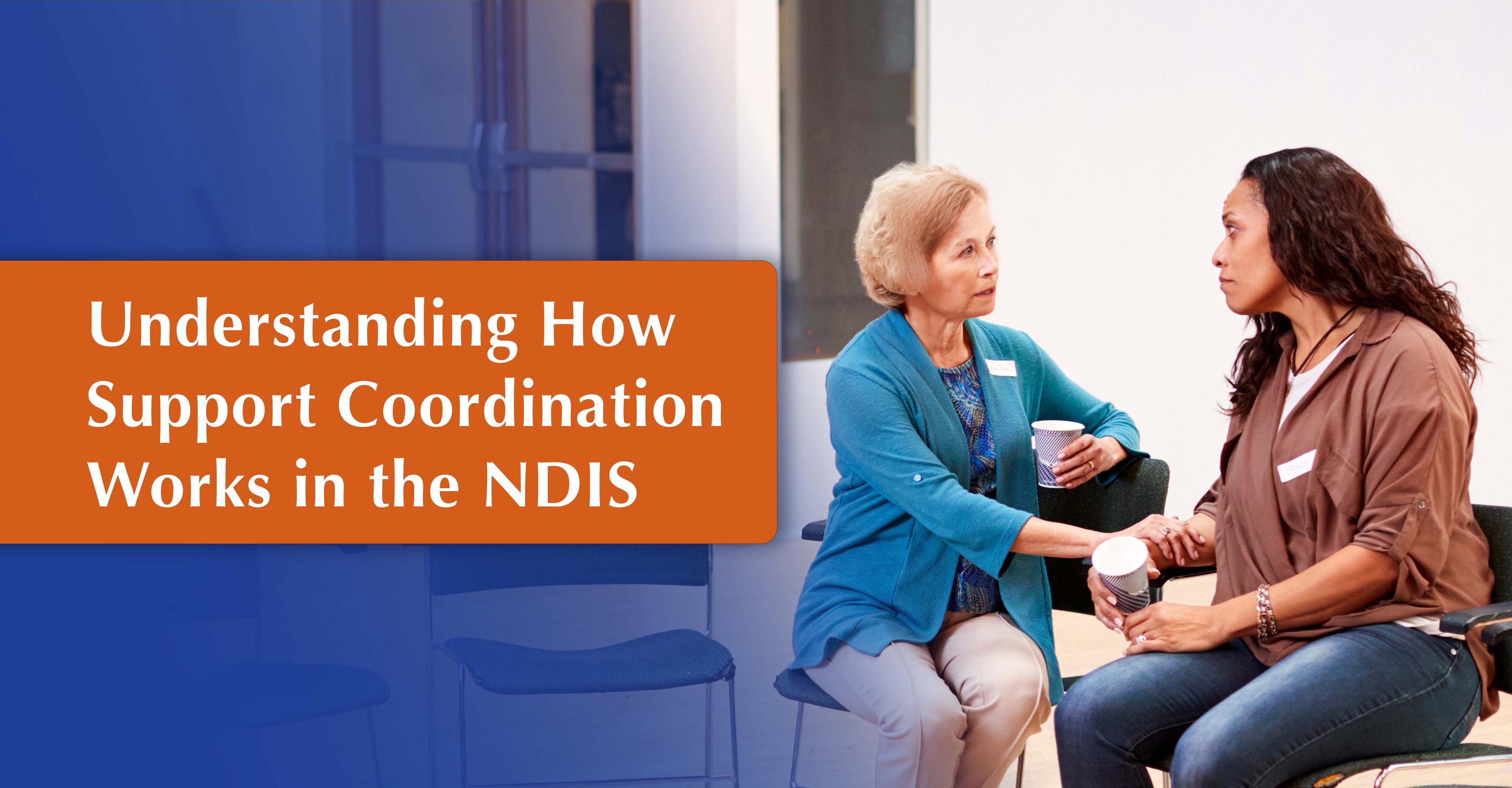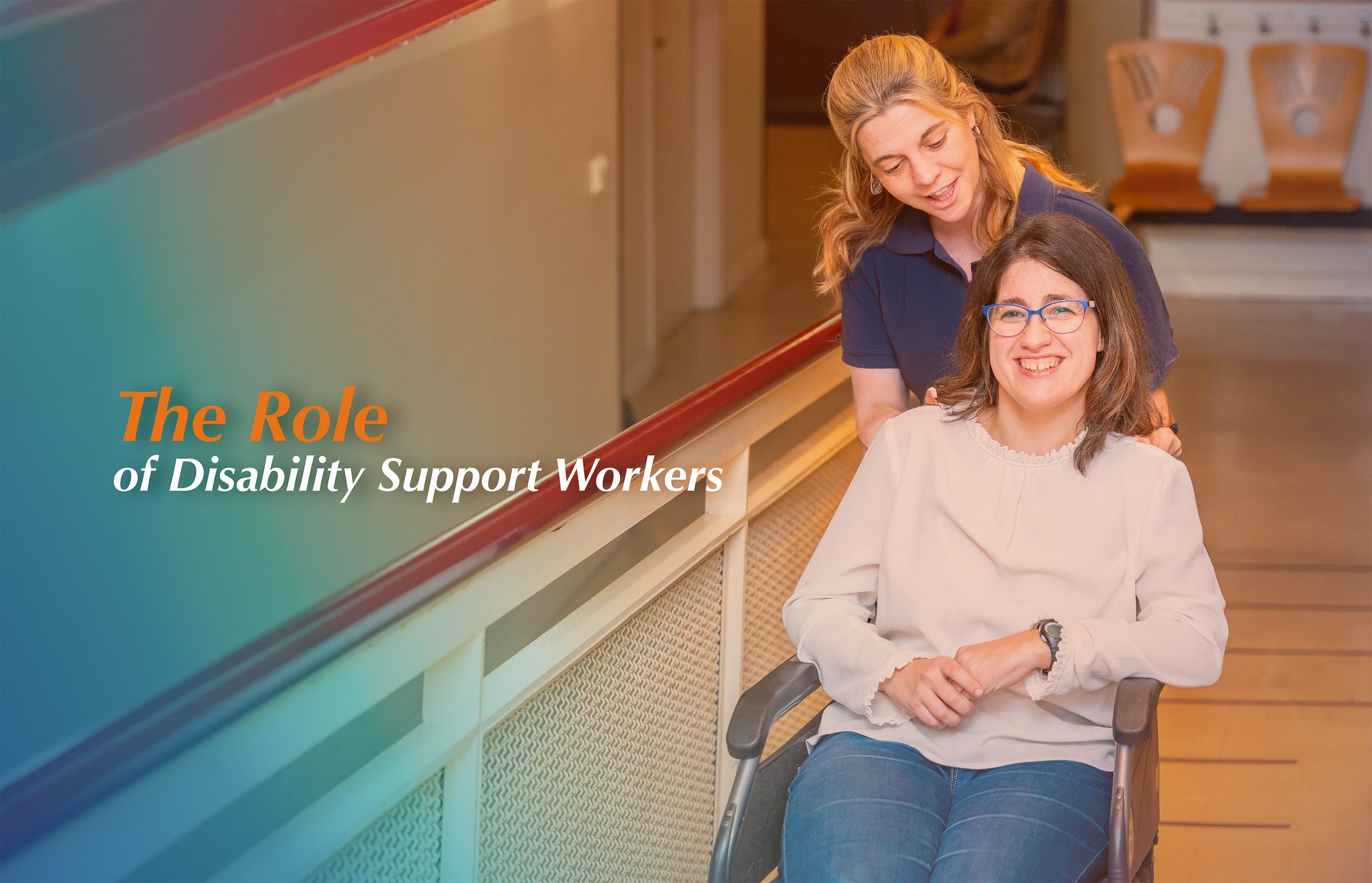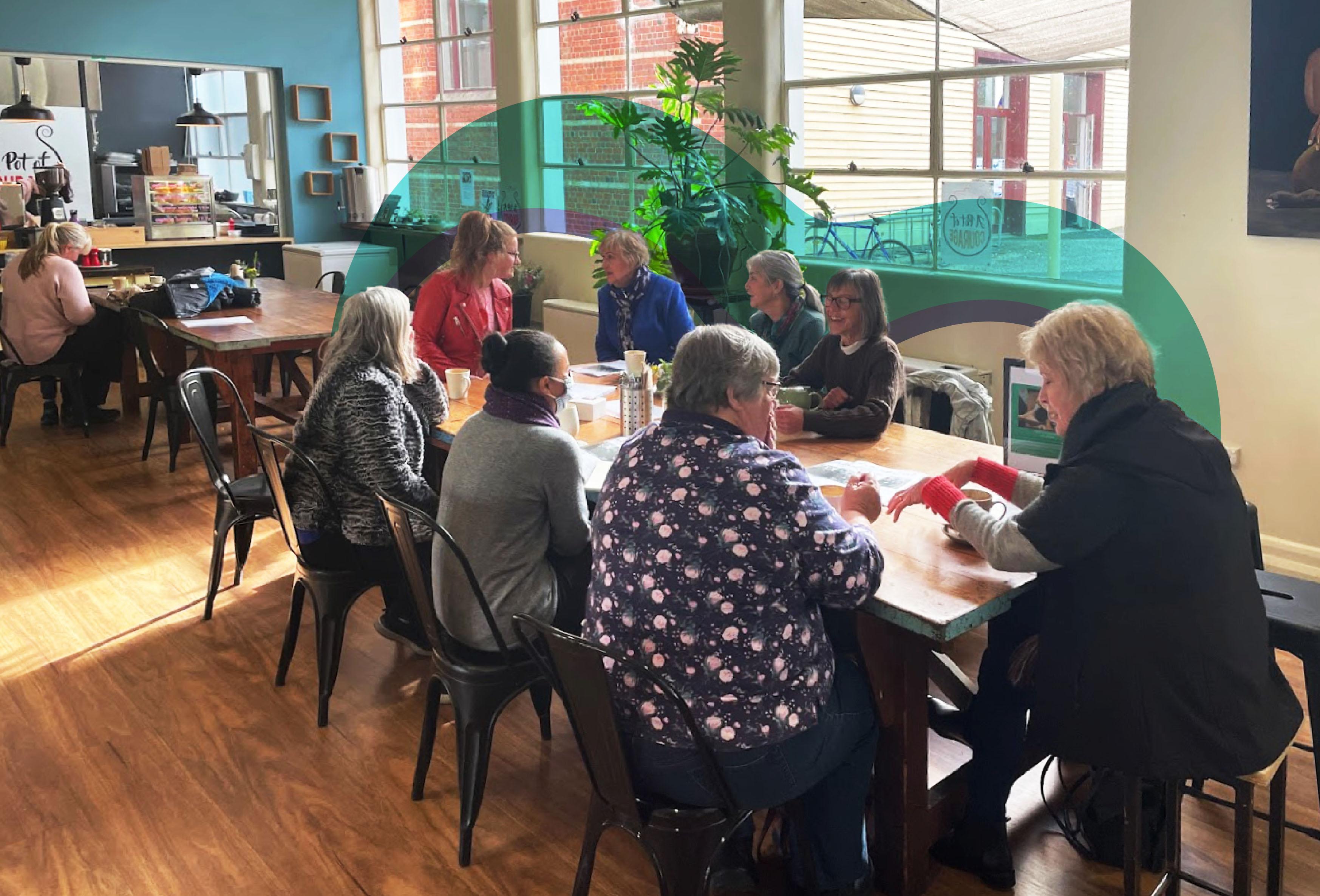
Incluso Team
Supported Independent Living (SIL) in the NDIS Explained
One of the most common NDIS housing supports is Supported Independent Living (SIL) - and it’s also one of the most misunderstood. This guide explains how Supported Independent Living under the NDIS works in practice, including how SIL funding is allocated, who it’s designed for and what daily supports can be included.
We’ll also provide a breakdown about NDIS housing supports, eligibility, funding, daily care rosters, inclusions and exclusions - with practical examples and an explanation of how Incluso Services provides SIL throughout Australia.
What is SIL in the NDIS?
Supported Independent Living (SIL) is an NDIS-funded program that helps participants live as independently as possible while providing the daily assistance and supervision they require to keep safe and achieve their goals.
SIL funds are utilised to hire support workers rather than to cover housing costs. It focuses on:
- NDIS personal care support (showering, dressing, grooming)
- NDIS funded daily supports for routines like meals, mobility and medication prompts
- 24-hour disability care, where required
- Supervision, skill-building and safety monitoring
SIL supports are approved based on reasonable and necessary NDIS supports and are tailored to each participant’s functional needs rather than a one-size-fits-all model.
Support can include overnight care support, either as sleepover shifts or active night support and may involve shared support hours if participants live together.
SIL Funding Snapshot:
- Daily personal care → Funded under SIL: Yes, based on the participant’s plan and individual needs.
- Overnight monitoring → Funded under SIL: Yes, provided as either active overnight or sleepover support.
- 24-hour support → Funded under SIL: Plan-dependent, and requires assessment and appropriate staffing ratios.
- Community support overlap → Funded under SIL: Yes, when aligned with the participant’s goals.
- Rent and bills → Funded under SIL: No, these are paid separately by the participant.
👉 Not sure if SIL fits your plan? Incluso can review and help build your support roster.
Who is eligible for SIL within an Australian NDIS plan?
Understanding who is eligible for an Australian NDIS plan starts with support needs - not diagnosis.
Participants may be eligible for SIL if they:
- Require daily assistance or supervision to live safely
- Have support needs that cannot be met through in-home supports alone
- Are working toward NDIS participant independence goals with structured support
Eligibility is determined through a SIL assessment process, which looks at functional capacity, risks, daily routines and long-term goals.
SIL funding may sit under NDIS Core Supports or be influenced by NDIS Capacity Building Supports, depending on how the plan is structured.
Care recommendations often include:
- 1:1 support for focused personal care
- 2:1 support for higher supervision needs
- Shared hours in a compatible shared living arrangement
👉 Unsure about eligibility? Incluso can guide your SIL assessment and provider quote.
SIL vs SDA vs ILO: Understanding the difference
Many participants compare Supported Independent Living (SIL), Specialist Disability Accommodation (SDA) and Individualised Living Options (ILO) when exploring NDIS housing options. While they work together, they fund very different things.
- SIL (NDIS) → Main purpose: Daily support and personal care staffing. Funded supports include personal care, overnight support, shared hours and care ratios. Rent covered? No.
- SDA (NDIS) → Main purpose: Housing accessibility design and build. Funded supports include structural home modifications only (not staffing). Rent covered? No.
- ILO (NDIS) → Main purpose: Flexible, independent living support. Funded supports include tailored supports, choice of housemates and routine assistance. Rent covered? No.
SIL funds support staffing, SDA funds the physical home and ILO supports flexible living arrangements.
SIL also considers SIL housemate compatibility, ensuring shared living arrangements are safe, respectful and supportive.
What’s included and not covered in SIL funding
Understanding the reasonable and necessary supports meaning is essential when planning SIL.
Included in SIL Support:
- Support worker staffing
- Personal care assistance
- Overnight or active night supervision
- Shared hours and SIL funding ratios (1:1, 2:1)
- Assistance with cooking, grooming, mobility and routines
- Community participation (where plan-aligned)
Not typically covered:
- Rent
- Utilities and bills
- Food and groceries
- Internet or electricity (unless specifically approved)
Alternative therapies require specific plan approval. Internet/electricity may only be approved in rare, plan specific cases.
👉 Want to match SIL inclusions to your NDIS plan? Incluso can review your supports and provide a staffing quote.
How SIL funding ratios work in Australia
SIL funding ratios reflect the level of support required throughout the day and night.
- 1:1 support – one worker, one participant
- 2:1 support – two workers, one participant
- Shared hours – support shared across housemates with aligned needs
Ratios are determined during the SIL assessment and reflected in the SIL roster of care.
Rosters can be adjusted over time if needs or independence goals change. Some plans also include NDIS transport overlap with SIL, depending on daily routines.
👉 Not sure what ratio your plan qualifies for? Incluso can help with assessment backed care quotes.
Incluso’s SIL support model in practice across Australia
The Incluso SIL support model is built around person centred care, safety and choice.
Incluso supports participants through:
- Personalised care rosters
- Skilled disability support workers
- The ability to choose their SIL support worker
- Compatibility-based shared living arrangements
- Flexible SIL support delivery across Australia
Participants benefit from coordinated support across Supported Independent Living (SIL), Support Work and Plan Review Support, ensuring continuity and clarity.
👉 Explore how Incluso builds personalised SIL homes and tailored care rosters.
SIL approval preparation checklist
Before applying for SIL approval, it helps to prepare the following:
- Current NDIS Plan
- SIL assessment report
- NDIS SIL provider quote
- Draft roster of care
- Independence goals summary
- Housemate compatibility notes (if shared)
- Expected care ratios (1:1, 2:1 or shared)
- Transport overlap summary (if applicable)
- Recent plan review notes
👉 Need help preparing these? Contact Incluso to review your plan and generate a tailored staffing quote.
We’d love to help, contact us today!
If you’re considering SIL or reviewing your current supports, Incluso is here to help you understand your options and build a care model that truly fits your needs.
👉 Book a discovery call now!
















